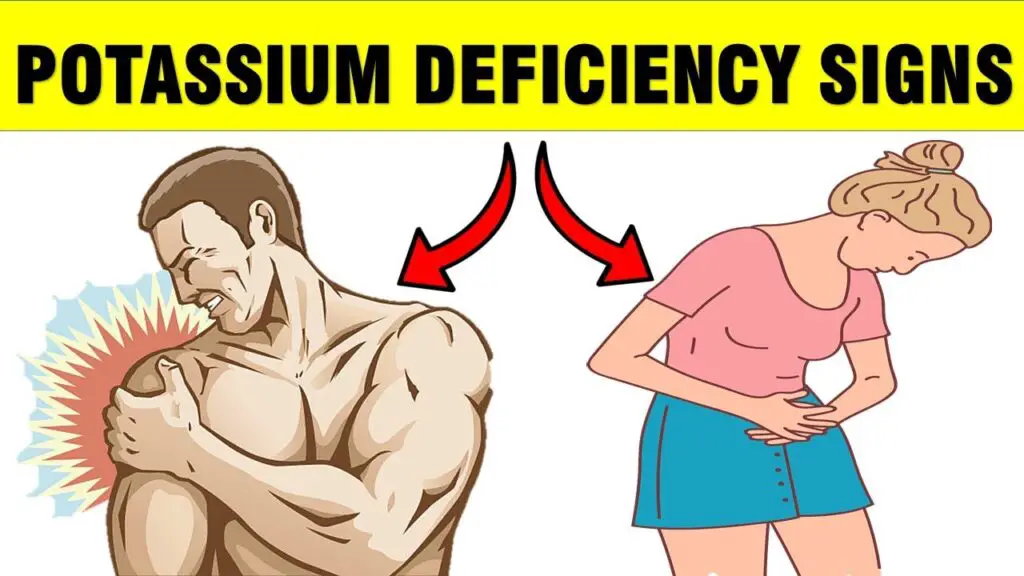
We’re learning more and more every day about the human body and the vitamins and minerals we need to lead a long and healthy life. Most of us know about the different vitamins that are essential in our diets, and some of us even take dietary supplements to boost our intake of nutrients.Vitamin K is
Read More

As we grow older, we can expect our skin to get less supple, less elastic, and possibly even a little discolored. This is a perfectly normal symptom of aging, and it’s nothing for anyone to be ashamed of. However, excess pigmentation around the mouth (sometimes called hyperpigmentation) can be noticeable and a little embarrassing. Pigmentation around
Read More

Blood clots are shockingly common issues that can become very serious. Blood clots can be caused by health issues, genetics, medications, or lifestyle choices. While you’re never guaranteed to get – or avoid – a blood clot, there are certain things you can do to make yourself less likely to get a blood clot. On the
Read More

Regardless of where you live, it’s likely that your home has a few non-bill-paying residents – even if you can’t see them. Spiders, bugs, flies, and other pests can lurk under your floorboards, waiting until the coast is clear to raid your kitchen cupboards or build webs or nests in the corners of your bedroom.If
Read More
